CTA Statement: Commercial Truck Driver Training and Safety Oversight of Trucking Companies & Issuance of VISAs
(TORONTO, Aug. 22, 2025) — A fatal truck collision in Florida this week has sparked several statements from U.S. officials who raised serious concerns over the integrity of the commercial driver licensing system (CDL) in the U.S. and immigration policies impacting the trucking industry.
US Transportation Secretary Sean P. Duffy reiterated calls for immediate action to correct the situation. Preliminary investigations by federal authorities have already “uncovered serious red flags in how states are doling out CDLs,” he said.
Duffy’s comments were followed last evening by U.S. Secretary of State Marco Rubio who posted on X the U.S. is immediately pausing the issuance of all visas to truck drivers which require them to operate in the U.S.
“The increasing number of foreign drivers operating large tractor-trailer trucks on U.S. roads is endangering American lives and undercutting the livelihoods of American truckers,” he said.
The Visa restrictions announced by Secretary Rubio do not pertain to the Visas utilized by drivers in Canada. However, CTA believes Canada must view these events as a wakeup call to clean up the issues within our system or risk potentially facing similar restrictions in the future.
The tragedy in Florida is another stark reminder that governments throughout North America must empower transport authorities to significantly step-up enforcement of truck safety rules and crack down on non-compliant operators who disregard law and order while also bolstering their truck safety and licensing oversight systems.
CTA is calling for the Government of Canada, as well as the provinces and territories to ensure Canada’s own issues with truck safety and licensing integrity are not a concern for the US Administration and as authorities increase oversight south of the border. CTA is asking Canadian authorities to immediately focus their attention to two areas:
Commercial Driver Licensing Regimes
While the Canadian commercial driver licensing regimes are significantly different than those of the U.S. states, like California, which allowed the driver involved in the Florida collision to obtain a licence, there are serious concerns from the trucking industry itself and other advocates that the system is just as easily compromised in Canadian jurisdictions as well.
A June 2025 CBC report highlighted major challenges in the Canadian trucking industry like unfair competition, sub-standard training, and serious concerns about the safety fitness of heavy trucks on Canadian roads. Relatedly, CBC investigative reports in 2024 also showed how deteriorating highway safety is related to government-controlled driver licensing regimes, where “bribes, forged documents … rigged testing and ‘buying’ of licenses” is not uncommon.
Unfortunately, the Canadian trucking industry has seen an influx of trucking fleets and ownership groups who have little regard for safety and other ethical financial & labour business practices. They have been able to manipulate – without consequences – various disjointed oversight regimes to their advantage, putting legitimate operations in financial peril, and raising a host of public safety concerns.
In July, CTA, at the request of the Minister of Transport, provided the deputy ministers from all provincial and territorial governments, as well as senior leadership from Transport Canada and the Privy Council Office, with a precision, step-by-step plan to improve truck safety and oversight. This plan – long overdue for over a decade – must be actioned to reverse the escalating trend of deteriorating truck safety and lack of truck driver professionalism on Canadian roadways.
VISAs Issued to Truck Drivers to Operate in U.S.
It’s important to note that – according to U.S. safety data – professional, compliant Canadian fleets that serve the U.S. are among the very safest carriers operating on American. highways, which routinely win the top safety awards and accolades from U.S. trucking associations. If this policy is applied capriciously and universally, without determining the difference between compliant and non-complaint trucking operations, it will have an unintended negative impact on responsible and legitimate, cross-border trucking fleets, drivers and the customers they serve that operate safely and have been the backbone of the US-Canada supply chain for decades.
CTA has been adamant with governments the problems in the industry related to immigration are very evident and must be addressed so that compliant trucking companies and safe drivers are not punished or run out of business. Government inaction on revamping trucking immigration programs, federally and provincially, has led to this situation we are in today. It is not acceptable that those who follow the rules and operate legally be caught in the net the U.S. is casting.
The announcement by Secretary Rubio should be the clearest signal yet the non-compliant segment of the Canadian trucking industry which erode the integrity the driver licensing, training, safety compliance and immigration systems, must be dealt with immediately.
The growth of unsafe and unethical trucking fleets undermining lawful and compliant cross-border operators must end. These ownership groups endanger and abuse the labour rights of the truck drivers they hire by exposing them to unsafe working conditions and other unmanageable requirements, including driving commercial vehicles they are not qualified to operate.
CTA is aware these carriers fail to meet even the most basic labour standards, including forcing drivers to work for less than a third of the industry average pay.
Among many other recommendations, CTA has repeatedly called on the Government of Canada to introduce a Known Employer Program at the front end of the immigration process. Done properly, this would cut off access to immigration programs for the unscrupulous ownership groups and restore integrity to the regime.
Additionally, CTA has asked all groups responsible for truck safety oversight to engage labour, immigration, tax and police resources at all government levels to establish a sustained, strategic presence at truck inspection stations and other key locations along the Canadian highway network to bring law and order back to the industry.
Source: CTA_News



Comments are closed